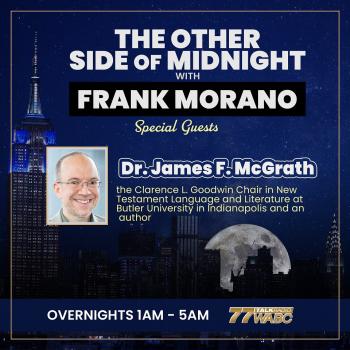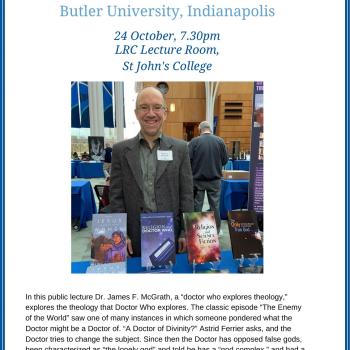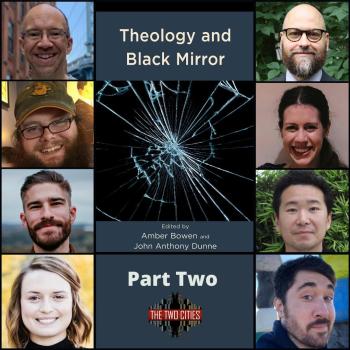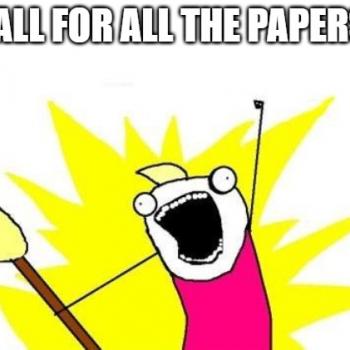A fascinating connection was made in a recent Nautilus article between math and our search for meaning. Here is an excerpt:
While we travel through the seemingly random events in our life, we are searching for patterns, and structure. Life is full of “ups and downs.” There are the joys of falling in love, giggling with your child, and feeling a sense of great accomplishment when a hard job is completed. There is also the pain of a crumbling relationship, or the agony of failing at a task after great effort, or the tragedy of the death of a loved one. We try to make sense of all this. We abhor the feeling of total randomness and the idea that we are just following chaotic, habitual laws of physics. We want to know that there is some meaning, purpose, and significance in the world around us. We want a magical story of a life, so we tell ourselves stories.
Sometimes the stories are simply false. Sometimes we lie to ourselves and those around us. And sometimes the patterns we identify are correct. But even if the story is correct, it is not necessarily the best one. We can never know if there is a deeper story that is more exact. As we age and suffer from ennui, we gain certain insights about the universe that we did not see before. We find better patterns. Maybe we get to see things more clearly. Or maybe not. We will never know. But we do know that the search is guaranteed to never end.
This point derived from a consideration of Kolmogorov complexity in math fits naturally with a key theological/philosophical insight. We can tell if our ideology or ethic, our theology or worldview, is or is not on the whole a good fit to experience. They can be tested. But we cannot know for certain that there isn’t a better one. And so we are always in a place to continue seeking, while remaining humble in our uncertainty even when expressing appropriate levels of commitment and trust.
I’m sure the above is going to lead to interesting conversations with my colleague in computer science for whom Kolmogorov complexity is one of his areas of research and expertise!
See also Vance Morgan’s post on admission of ignorance as profoundly religious:
Is God just another name for the universe, with no independent existence at all? I don’t know. To what extent can we ascribe personality to God? I don’t know. In the end, we have to say, “I don’t know.” If we knew, God would not be God . . . When I stood up to speak to my people about God and the tsunami, I had no answers to offer them. No neat packages of faith, with Bible references to prove them. Only doubts and questioning and uncertainty. I had some suggestions to make — possible new ways of thinking about God. Ways that might allow us to go on, down a new and uncharted road. But in the end, the only thing I could say for sure was, “I don’t know,” and that just might be the most profoundly religious statement of all.
See too David Hayward’s cartoon and post on this topic, as well as the articles in The Lead and The Christian Century about silence as religious expression.













